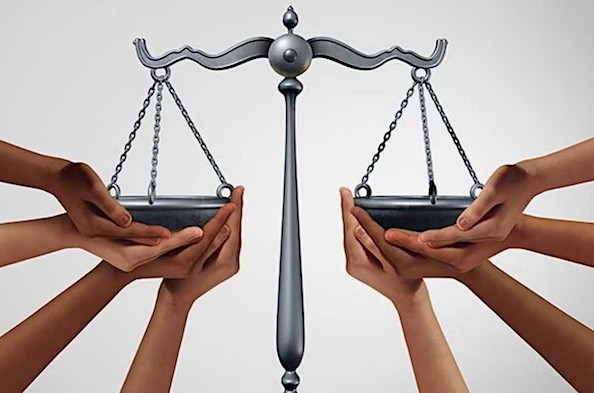How does systemic bias affect criminal justice?
Jun 13, 2023
This essay discusses the concept of systemic bias in criminal justice and its impact on individuals. Systemic bias occurs when laws, policies, and practices are disproportionately applied to certain groups of people based on race, gender, class, or other social identities. This type of discrimination undermines a fair system of justice that should treat everyone equally regardless of their backgrounds.
Systemic bias is evident in numerous areas within criminal justice; from policing tactics that target people of color to sentencing disparities for those convicted with similar crimes. For example, studies have shown that Black Americans are more likely to be stopped by police compared to their white counterparts and face harsher punishments post-arrest even when the offenses are the same. African American men also receive longer prison sentences than any other group for drug-related crimes.

In addition, institutional racism is evident when some communities receive different policing practices than others, and/or when people of color are more likely to be arrested for certain types of misdemeanors than whites. This form of discrimination denies individuals the right to a fair and unbiased system of justice. It also reinforces the notion that minorities are more prone to crime and violence which further marginalizes these communities.
The presence of systemic bias in criminal justice perpetuates an inequitable system based on selective enforcement and sentencing guidelines that privilege some over others. In order to combat this type of bias, it's important for lawmakers to implement legislation that is designed to protect all citizens from unfair practices within the judicial system. Additionally, educational initiatives should be implemented to raise awareness of how systemic bias negatively impacts individuals and target populations. Lastly, it is essential for all stakeholders involved in criminal justice to ensure that their practices are fair and equitable. By doing so, we can help create a more just society for all.
Ultimately, the presence of systemic bias in criminal justice has serious implications on those affected by it. Not only does this form of discrimination deny people their right to equal protection under the law but also reinforces institutional racism and inequities within our judicial system. In order to ensure a fair and equitable system of justice, everyone must work together to eliminate discriminatory practices from influencing decision-making processes within criminal justice. This will ultimately help create a more just and inclusive society for all.
